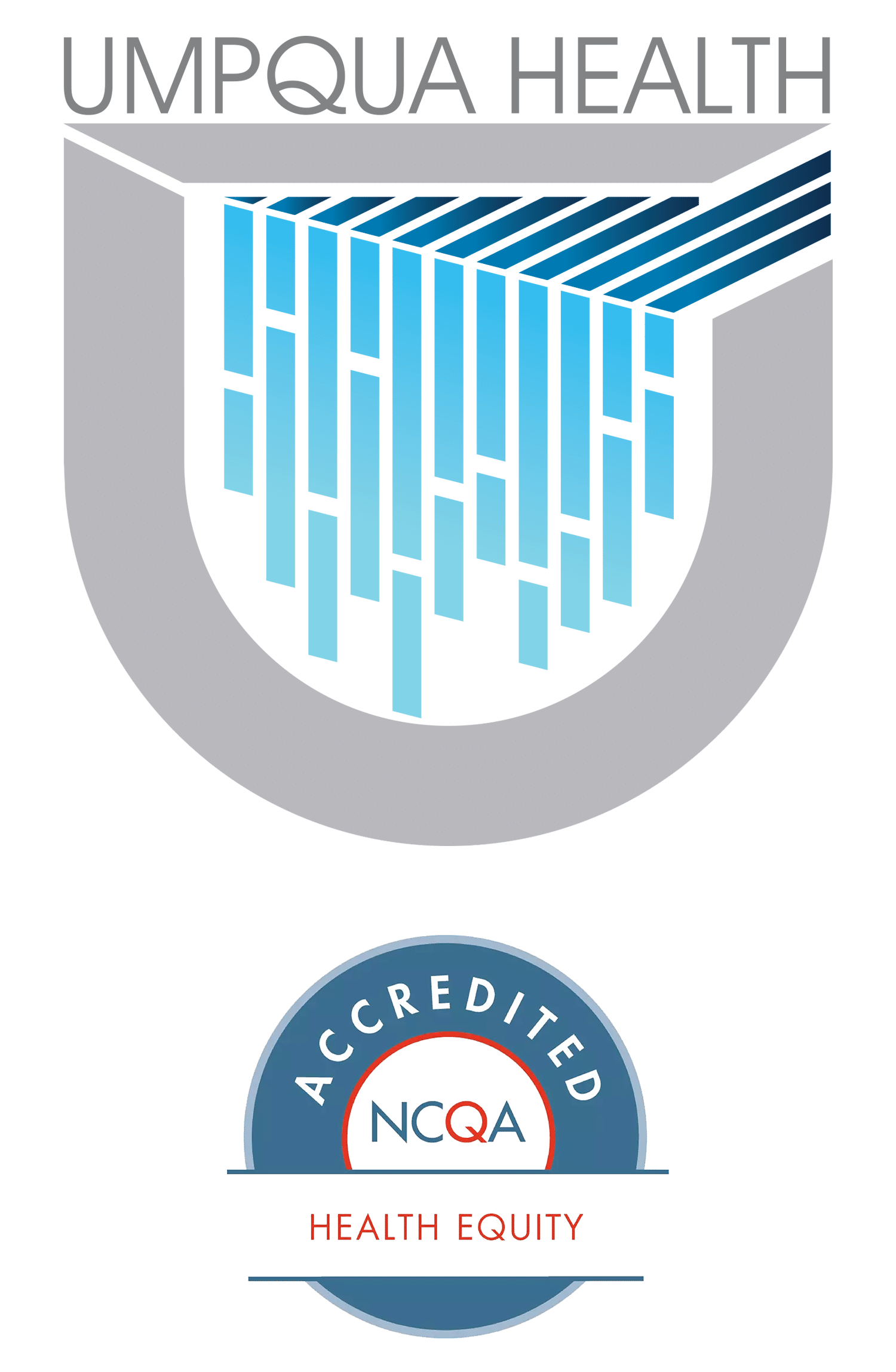Provider Newsletter March 2019
 Practice Tactics
Practice Tactics
Chiropractic Redux
Chiropractic treatments are restricted to conditions of the neck/spine. Per Guideline Note 56 of the Prioritized List, chiropractic is only one of several options at the PCPs disposal for interventions, including Cognitive Behavioral Therapy, non-opioid Rx, Osteopathic Manipulative Therapy, Physical Therapy, and Acupuncture.
As such, Chiropractic is not covered for patient-directed referral, but requires a Prior Authorization to be submitted by the PCP. GN 56 assumes that the PCP needs to evaluate the effectiveness of recommended interventions periodically and limits the maximum allowed therapies (PT+Chiropractic+OMT+Acupuncture) to 30 visits per rolling calendar year for that condition.
We allow chiropractors (and physical therapists, acupuncturists, etc.) to submit detailed PA requests after initial PCP referral, approving them for 3 month intervals. To ensure that a given treatment is part of a holistic clinical plan of care, UHA may require a re-evaluation by the PCP:
- At least yearly
- When there is a lapse in treatment (>1 month)
- If there is question of medical necessity (UHA utilizes InterQual criteria for utilization criteria for coverage of many conditions, including hospitalization, for example.)
2019 Metrics Binder
UHA recently sent the 2019 Metrics Binder to all clinical teams. For your convenience, you can also find it here. The goal of the metrics binder is to provide detailed descriptions of the 2019 metrics. The key sections of the binder are the content page, which has links to individual sections to help you easily navigate the binder, a breakdown of the 2019 metrics based on the data-source (EMR based or claim based), and further detail on each metric. Each individual measure has two components: a summary and the original OHA metric specification. In 2019, OHA has made several changes to metrics specifications, which will result in workflow changes. The binder provides workflow diagrams to help clinical teams understand the metric changes. If you have any additional questions, you can contact Tanveer Bokhari or Chelsea White.
UHA’s Provider Network Team
Umpqua Health Alliance’s Provider Network team is growing! This month, we want to introduce you to Karen Wright and Deanna Mangus.
Karen Wright worked for many years as a Certified Gemologist-Appraiser, but decided to make a major employment change and jump into the healthcare field. Wright worked for seven years at ATRIO where she coordinated the scheduling for their in-home visit program. In 2018, Karen began working for Umpqua Health as the coordinator of the ATRIO CAV program, as well as coordinating efforts for one HEDIS measure. Wright recently transferred from the Transitional Care Clinic to her new position as Provider Network Representative. This role will include networking with Douglas County providers, providing training, quality metrics reminders and assistance with claims or referral authorization issues.
Deanna Mangus is the new Administrative Assistant with the Provider Network team. Deanna previously worked as a provider service representative for Aetna in Arizona, and managed an orthodontic office in Roseburg. After taking a break from the medical world to work at a nonprofit, Mangus began working with Umpqua Health. Deanna will manage provider credentialing and re-credentialing, as well as outreach on out-of-state claim payments for our members, among other administrative tasks.
If you have any questions or you’d like to introduce yourself, feel free to contact Karen and Deanna.
Office Manager Luncheon
UHA is holding a luncheon for office managers on Thursday, March 21 from 12-1p.m. at Umpqua Health – Newton Creek. The luncheon is a great way to interact with UHA staff and other community providers. You can view the invitation here. For more information, contact Karen Wright.
 On the Lookout
On the Lookout
March is National Nutrition Month
National Nutrition Month® (NNM) began in 1983. The Academy of Nutrition and Dietetics (formerly The American Dietetic Association) supports NNM to deliver nutrition education messages to the public while promoting the profession of dietetics. This is also a time to call attention to our local population that suffers from food insecurity, which is defined as the state of being without reliable access to enough affordable, nutritious food.
In Douglas County 14.9% of the population lives in poverty (US Census Bureau 2016) and 15.4% of the population lives with daily food insecurity. Seventy-nine percent of our population lives below 185% of the Federal Poverty Level and is eligible for SNAP, WIC, school lunch programs, and other social support services.
Many nutrition-related resources for families and individuals can be found on the website EAT RIGHT® sponsored by the Academy of Nutrition and Dietetics.
An Eat Healthy—Be Active course will take place at the Roseburg Public Library, Tuesday evening, March 19th from 5:30 p.m. to 7:30 p.m. Susan Stiles-Sustine will instruct. Call 541.440.4668 to register or register online here (search by instructor).
Other community nutrition education activities can be found at the Umpqua Community Veg Education’s Facebook page.
Flu Cases on the Rise
We’ve seen an uptick in flu. Mercy has reported 85 cases of lab positive influenza so far this season.
Though this is a late flu season, it isn’t too late for your patients to get a flu shot.
Lessons from the Snow Storm
The recent snow storm we all experienced tested the resiliency of our community to the extreme. Douglas Public Health Network assisted the Emergency Operations Center at the Sheriff’s Office. This is a reminder of the importance of preparing our homes and families for emergencies. Because of the number of people who were caught off guard, many people needed help from their friends, neighbors and community. Many people stepped up with food, heat, lodging, and health care. But many other people were mostly on their own and suffered from the cold, hunger, lack of transportation, lack of communication, and the dark. Please prepare yourselves for emergencies and check on your neighbors when something does happen, and encourage your patients to do the same.
 Clinical Corner
Clinical Corner
Don’t perform unproven diagnostic tests, such as immunoglobulin G (IgG) testing or an indiscriminate battery of immunoglobulin E (IgE) tests, in the evaluation of allergy.
Appropriate diagnosis and treatment of allergies requires specific IgE testing (either skin or blood tests) based on the patient’s clinical history. The use of other tests or methods to diagnose allergies is unproven and can lead to inappropriate diagnosis and treatment. Appropriate diagnosis and treatment is both cost effective and essential for optimal patient care.
Don’t routinely do diagnostic testing in patients with chronic urticaria.
In the overwhelming majority of patients with chronic urticaria, a definite etiology is not identified. Limited laboratory testing may be warranted to exclude underlying causes. Targeted laboratory testing based on clinical suspicion is appropriate. Routine extensive testing is neither cost effective nor associated with improved clinical outcomes. Skin or serum-specific IgE testing for inhalants or foods is not indicated, unless there is a clear history implicating an allergen as a provoking or perpetuating factor for urticaria.
Don’t diagnose or manage asthma without spirometry.
Clinicians often rely solely upon symptoms when diagnosing and managing asthma, but these symptoms may be misleading and be from alternate causes. Therefore spirometry is essential to confirm the diagnosis in those patients who can perform this procedure. Recent guidelines highlight spirometry’s value in stratifying disease severity and monitoring control. History and physical exam alone may over- or under-estimate asthma control. Beyond the increased costs of care, repercussions of misdiagnosing asthma include delaying a correct diagnosis and treatment.
From the American Academy of Allergy, Asthma & Immunology
 CME for THEE
CME for THEE
Non-CME (but free) learning opportunities for providers and staff from OHA Transformation Center, about the New Postpartum Care Metric:
Save the Date – Timeliness of Postpartum Care Online Learning Community.
12-1 p.m. on the first and third Thursdays beginning March 21, 2019.
The OHA Transformation Center will be providing webinar-based learning sessions for CCOs, tribes, clinics and partners to learn and share strategies relating to the Timeliness of Postpartum Care CCO incentive metric.
- Session 1 (March 21): Introduction to the Timeliness of Postpartum Care CCO incentive metric (includes metric specifications, current rates and data, and an overview of the new guidance document for this metric). Register here
- Session 2 (April 4): Why postpartum care matters: Implications for health systems, clinics and patients. Register here
- Session 3 (April 18): Understanding and addressing barriers to postpartum care: Systems- and clinic-level strategies. Register here
- Sessions 4+: Will feature innovative strategies and program models from across Oregon.
Further information can be found here
Audience: CCOs, health systems, tribes, clinics and other partners supporting postpartum care efforts



